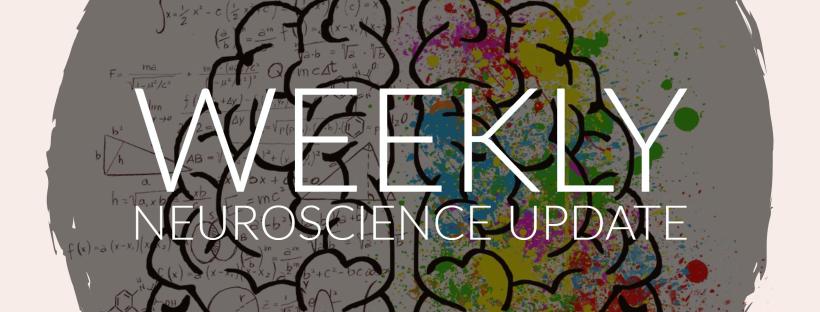
Where objects appear in a person’s visual field can affect the ability to determine what the object is, researchers say.
Scientists have identified the brain networks that allow you to think of an object name and then verbalize that thought. The study appeared in the July issue of BRAIN. It represents a significant advance in the understanding of how the brain connects meaning to words and will help with the planning of brain surgeries.
New research suggests that shifts in the bacteria within a child’s mouth could provide objective biomarkers for identifying autism spectrum disorder.
Researchers studying the functional connections among parts of the brain are finding that the “fingerprint” of these patterns can be used to identify individuals over many years and to distinguish their relatives from strangers.
Breaking with the long-held idea that working memory has fixed limits, a new study suggests that these limits adapt themselves to the task that one is performing.
Young children who are regularly engaged in conversation by adults may have stronger connections between two developing brain regions critical for language, according to a study of healthy young children that confirms a hypothesis registered with the Open Science Framework.
A new study reports estrogen and other sex hormones may be responsible for the higher prevalence of migraines in women.
New therapies could be on the horizon for people living with epilepsy or anxiety, thanks to a breakthrough discovery by an international team of researchers studying how proteins interact to control the firing of brain cells.
Researchers report the interaction between two regions of the prefrontal cortex may underlie our motivation to cling to a desirable notion about the future.
A new study sheds light on the role the caudate nucleus plays in pessimism. The study reports stimulating this area of the brain generates a negative outlook that clouds decision making.
Exercise can help prevent relapses into cocaine addiction, according to new research.
A new study reveals a short time meditating can help to boost cognitive performance. Researchers report students exposed to a ten-minute meditation tape were able to complete simple cognitive tasks more quickly and accurately than their peers.
Researchers report transcranial alternating current stimulation applied during sleep can help accelerate learning, memory and skill acquisition.
Heavy alcohol drinkers attempt to acquire alcohol despite the threat of a negative consequence more so than light drinkers, a study in Biological Psychiatry: Cognitive Neuroscience and Neuroimaging has found, and this behavior is associated with unique activation of brain circuitry in heavy drinkers.
Finally this week, new neuroimaging study reveals the dorsolateral prefrontal cortex plays a vital role in suppressing the act of revenge.
